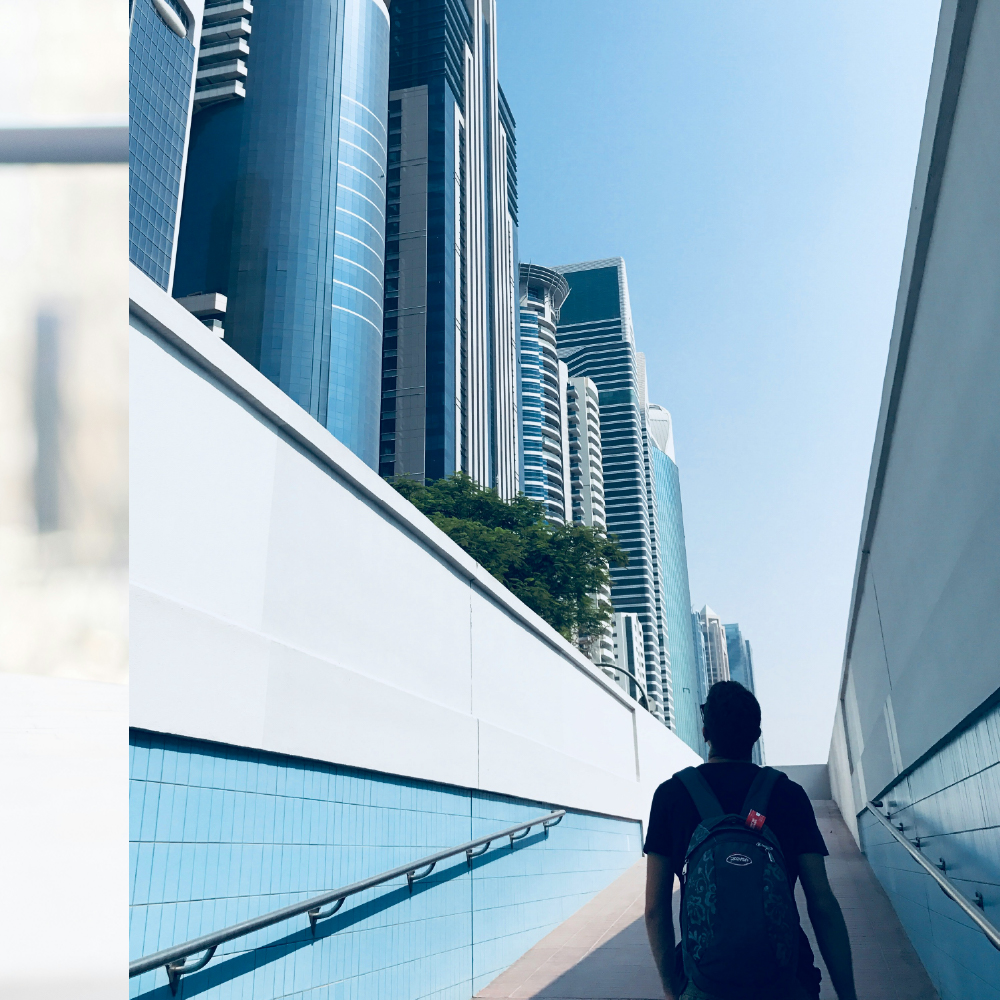
Dubai, the vibrant metropolis of the Middle East, has emerged as a global beacon of real estate investment. With its futuristic skyline, cosmopolitan lifestyle, and investor-friendly policies, Dubai’s real estate market offers a dynamic landscape for investors seeking opportunities in both residential and commercial properties. This article provides insights into the dynamics that drive Dubai’s real estate market, examining key factors influencing supply, demand, and investment trends.
Economic Drivers: Catalysts for Growth
Dubai’s real estate market is closely intertwined with the emirate’s economic performance, which several vital drivers underpin. As a regional hub for trade, finance, and tourism, Dubai benefits from a diverse and resilient economy. The emirate’s strategic location, modern infrastructure, and business-friendly environment attract multinational corporations, entrepreneurs, and professionals from around the world, driving demand for commercial and residential properties alike.
Population Dynamics: Shaping Housing Demand
Population growth is a significant factor driving housing demand in Dubai. The emirate’s cosmopolitan population comprises a diverse mix of nationalities, with expatriates accounting for the majority of residents. Factors such as job opportunities, quality of life, and the allure of Dubai’s lifestyle contribute to steady population growth. As the population continues to expand, so does the demand for housing, prompting developers to build a diverse range of residential properties to cater to different segments of the market.
Tourism and Hospitality: Fueling Commercial Real Estate
Dubai’s thriving tourism and hospitality sector plays a pivotal role in driving demand for commercial real estate. As one of the world’s top tourist destinations, Dubai attracts millions of visitors each year, creating a robust market for hotels, serviced apartments, and retail space. Significant events such as Expo 2020 Dubai further bolster demand for commercial properties, with developers seizing the opportunity to invest in hospitality and leisure developments to cater to the influx of visitors.
Regulatory Framework: Ensuring Transparency and Stability
Dubai’s real estate market benefits from a transparent and well-regulated regulatory framework, which instills confidence among investors and stakeholders. The Dubai Land Department (DLD) oversees the regulation and registration of real estate transactions, ensuring compliance with laws and regulations. Measures such as escrow regulations, which require developers to deposit funds from off-plan sales into escrow accounts, protect buyers and investors, contributing to market stability and transparency.
Market Trends: Adapting to Changing Preferences
Dubai’s real estate market is characterized by evolving consumer preferences and market trends. In recent years, there has been a shift towards more affordable housing options driven by factors such as changing demographics and government initiatives to address housing affordability. Additionally, there is a growing demand for sustainable and intelligent real estate developments, reflecting global trends towards environmentally friendly and technologically advanced properties.
Supply and Demand Dynamics: Achieving Equilibrium
Balancing supply and demand is essential for maintaining a healthy and sustainable real estate market. In recent years, Dubai has experienced fluctuations in supply and demand dynamics, particularly in the residential sector. Periods of oversupply have led to downward pressure on prices and rental rates, prompting developers to recalibrate their strategies and focus on delivering properties that align with market demand. Government measures to stimulate demand, such as visa reforms and incentives for foreign investors, have helped mitigate these challenges and restore equilibrium to the market.
Investment Opportunities: Diversification and Innovation
Dubai offers a plethora of investment opportunities across various sectors and asset classes, catering to diverse investor preferences and objectives. From luxury residential properties in exclusive waterfront communities to commercial developments in burgeoning business districts, investors have a wide range of options to choose from. Moreover, Dubai’s real estate market is characterized by innovation and diversification, with developers introducing new concepts and trends to meet the evolving needs of buyers and tenants.
A combination of economic drivers, population dynamics, regulatory framework, market trends, and supply and demand dynamics shapes Dubai’s real estate market dynamics. As a global hub for business, tourism, and innovation, Dubai continues to attract investors seeking opportunities for growth and diversification in the real estate sector. With its resilient economy, transparent regulatory framework, and innovative developments, Dubai remains a compelling destination for real estate investment, offering investors the potential for long-term value creation and sustainable growth.